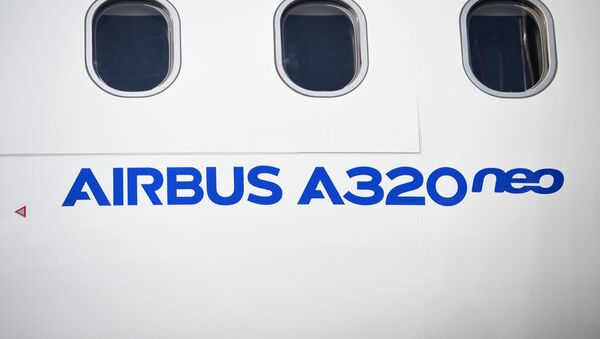The US Trade Representative’s Office (USTR) has pledged to increase tariffs on the European airliner manufacturer Airbus to 15% from 10%, adding that it is still open to clinching a negotiated settlement with the EU on a dispute pertaining to aircraft subsidies.
In a statement on Friday, the USTR also vowed to make minor modifications to 25% tariffs imposed on non-aircraft products from the EU, including cheese and wine.
Airbus expressed regret over the US move which the company claimed would ride roughshod over interests of US airlines and their customers.
Airbus signalled its readiness to continue discussing the matter with US counterparts to “mitigate effects of tariffs insofar as possible”, voicing hope that the USTR would change its stance on the issue once the WTO authorises the EU to slap tariffs on Boeing planes.
“USTR’s decision ignores the many submissions made by US airlines, highlighting the fact that they – and the US flying public – ultimately have to pay these tariffs,” the company pointed out.
Boeing, for its part, said that it is cooperating with US federal and state officials so as to “promptly bring the United States into full compliance” with WTO regulations.
“The EU and Airbus could end these tariffs by finally complying with their legal obligations, ending these illegal subsidies, and addressing their ongoing harm. We hope they will,” Boeing stressed.
US Introduces 10% Tariff on Airbus
The statement came after the US slapped 25% tariffs on a record $7.5 billion in European agricultural and food products, including Swiss and Italian cheese, French wine and Spanish olives, as well as Irish and Scotch whisky.
The US' additional 10-percent tariff targeted the import of large European civil aircraft from Europe, which mainly consist of Airbus planes.
The move followed a ruling by the World Trade Organisation (WTO), where the US won the case against the EU over subsidies the bloc gave to Airbus.
The WTO found that the EU had provided billions of dollars’ worth of illegal aid to the plane maker – the main rival of the US-based Boeing – and permitted the US to impose retaliatory tariffs, putting an end to the trade dispute which began in 2004.
EU leaders promised to retaliate if the US went ahead with its punitive measures, arguing that Boeing had benefited from similar subsidies. The parallel case against the US company is not expected to conclude before the end of this spring.


